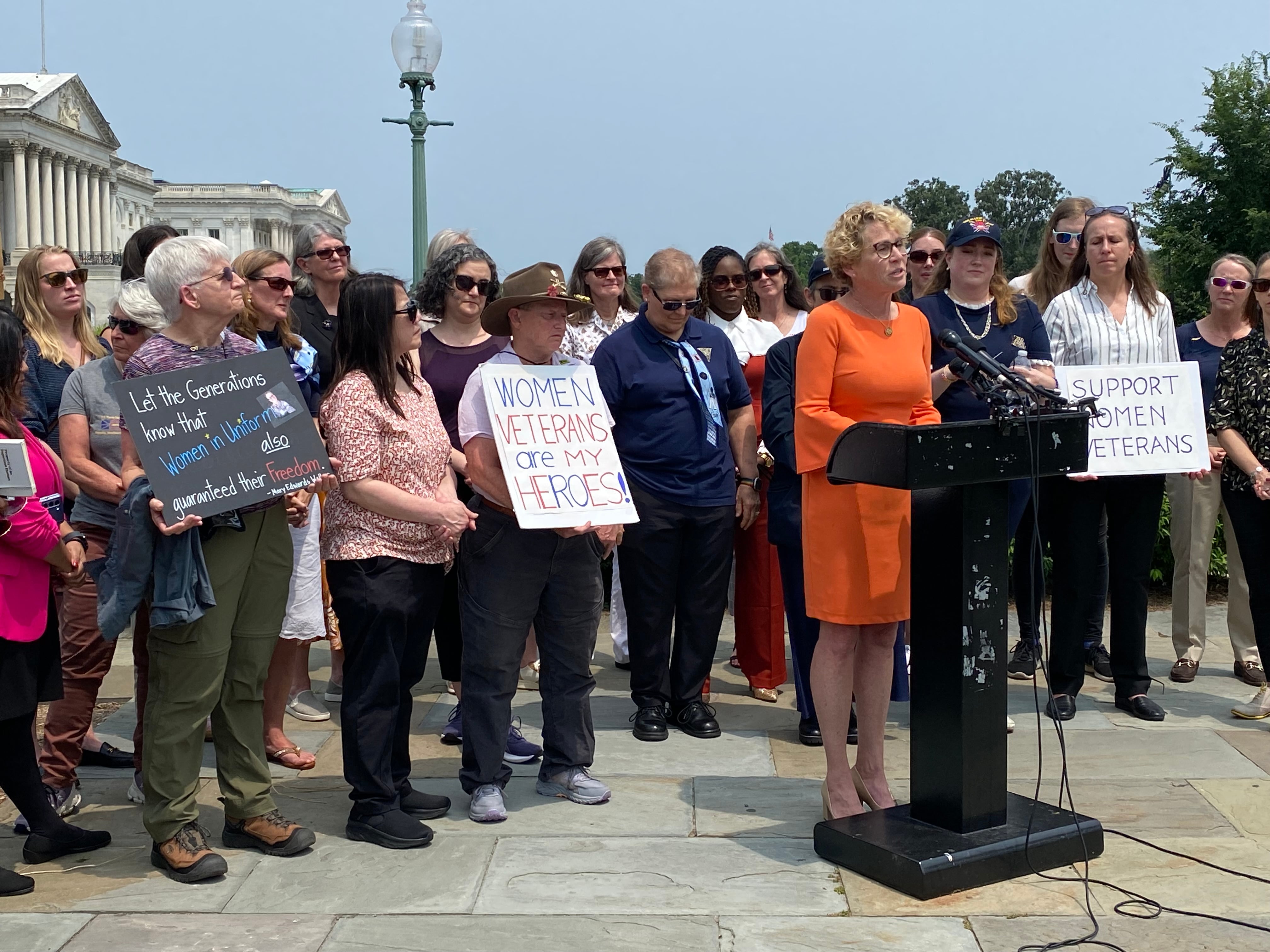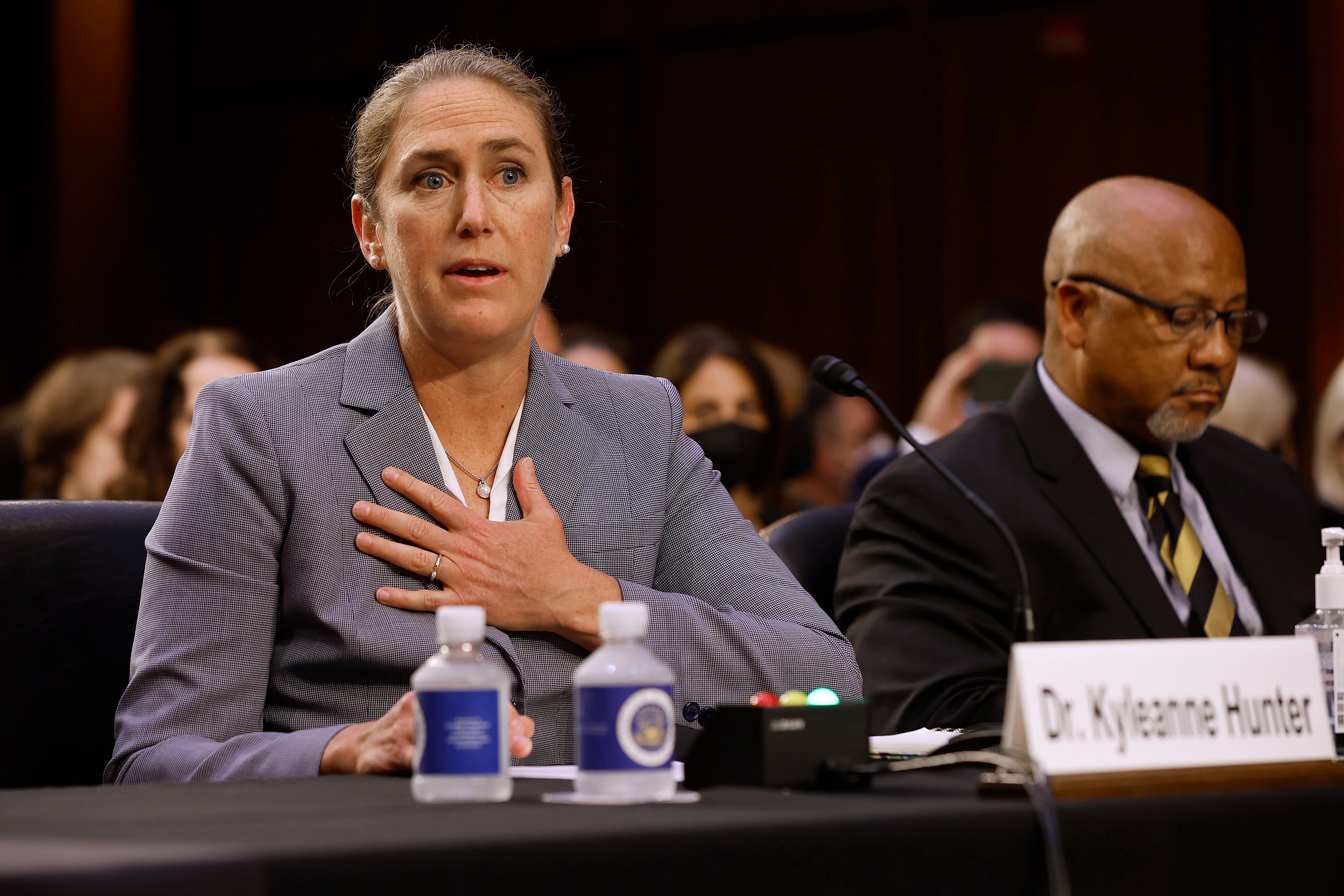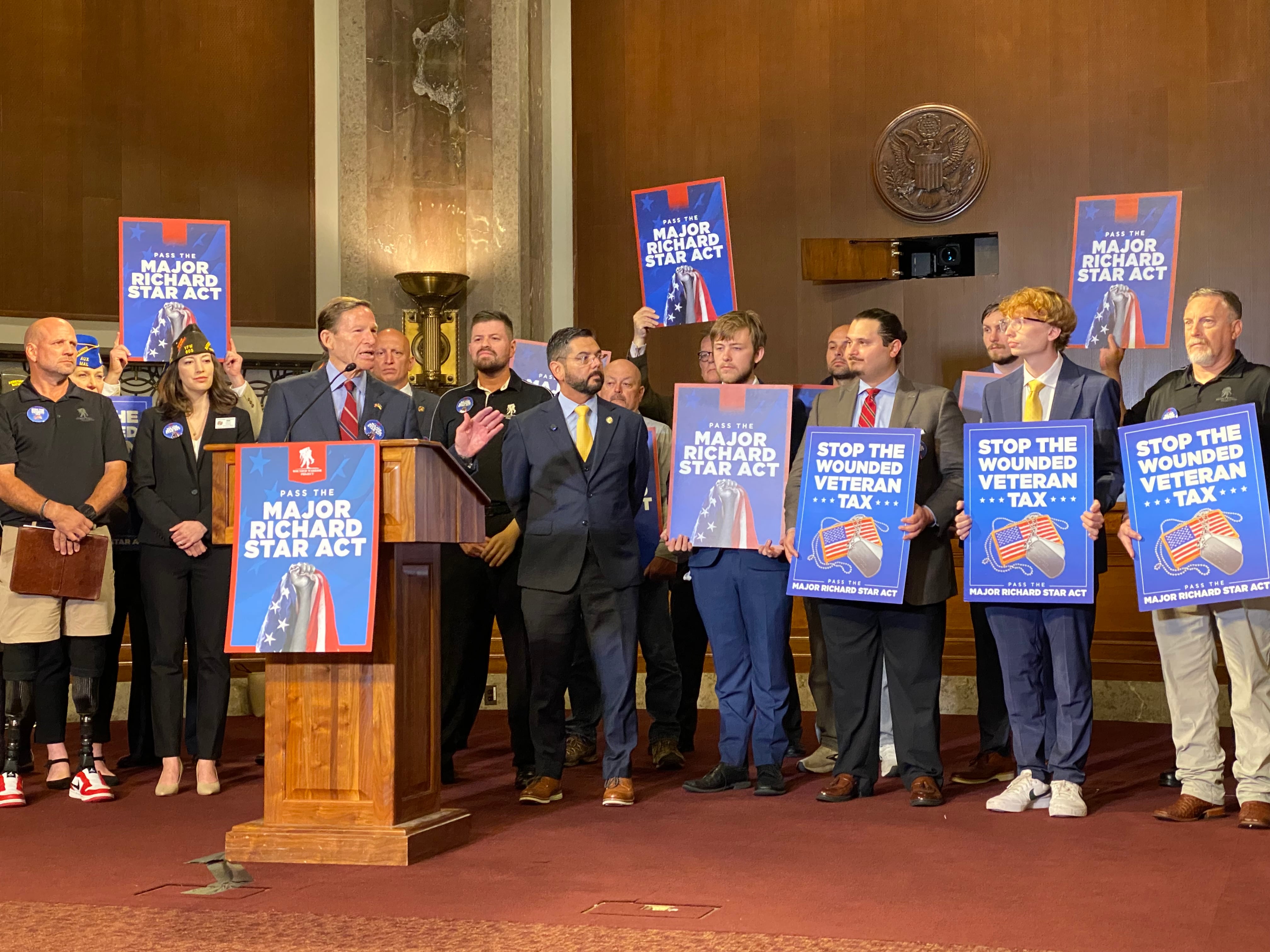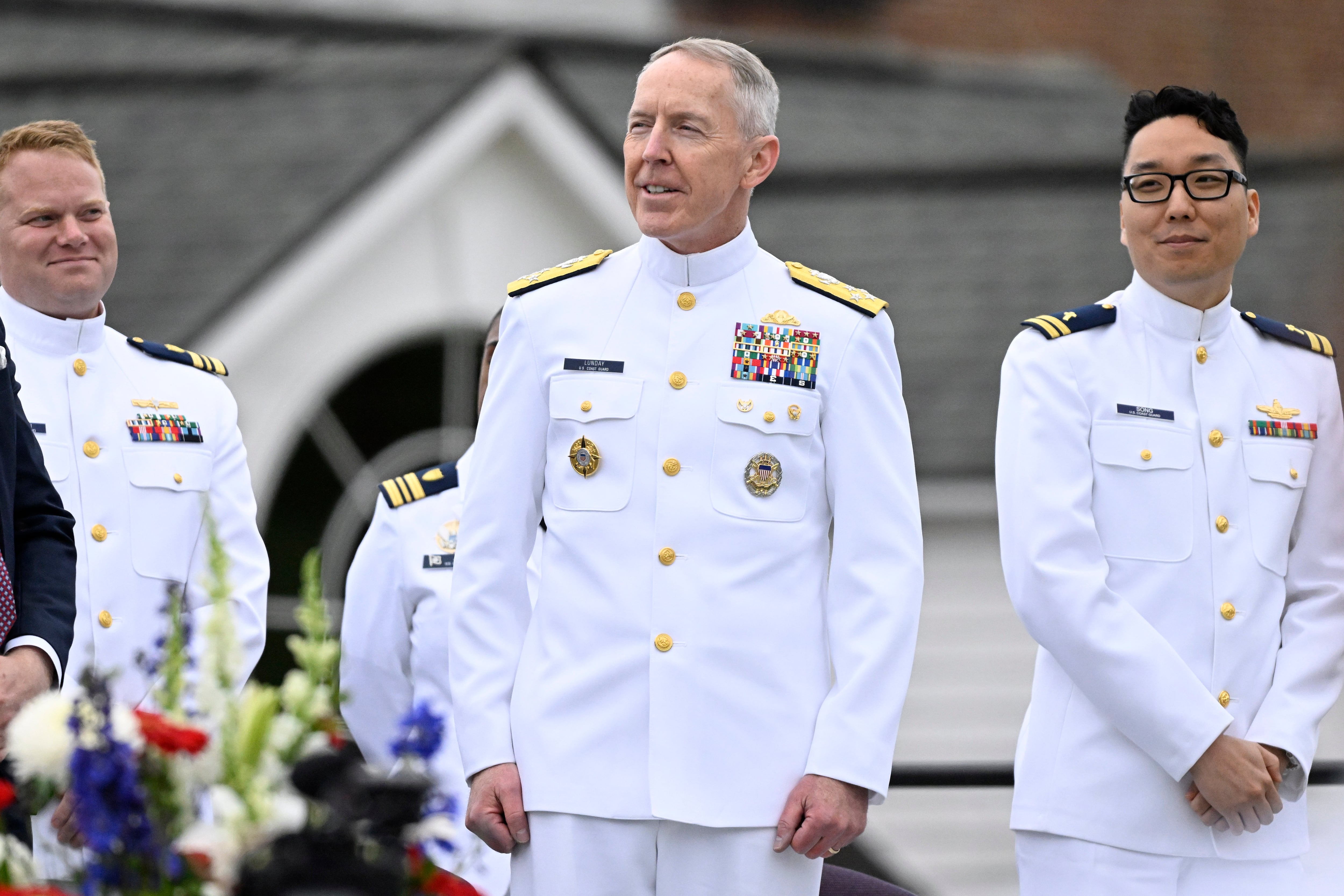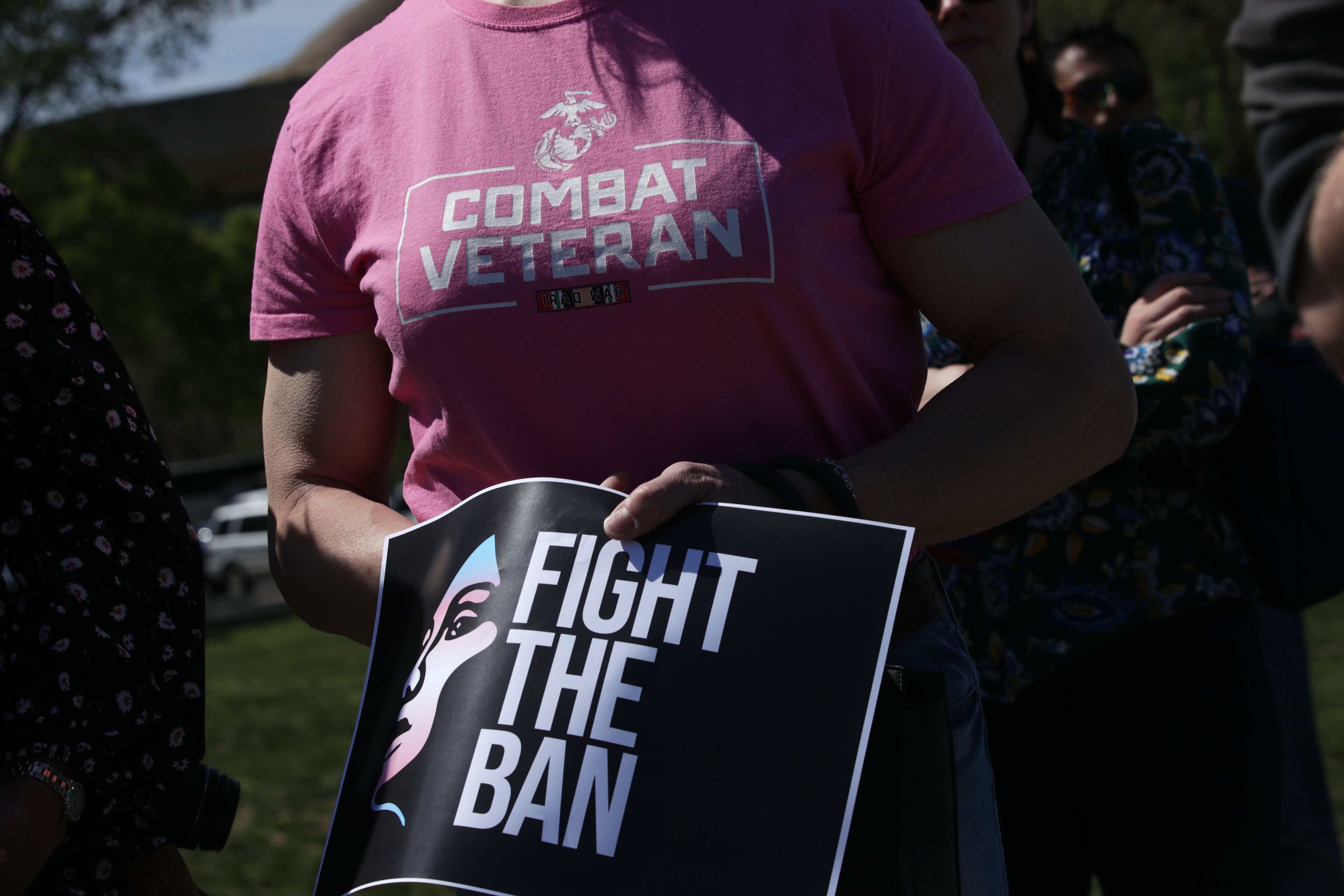Defense Secretary Ash Carter soon may have to mediate a military culture clash between an Army that is prepared to open combat infantry jobs to women and a Marine Corps that may seek an official policy exemption to keep those same jobs limited to men.
The service leaders' official recommendations for integrating women into combat jobs — or not — are due on Carter's desk by Wednesday, punctuating a two-year review of the emotionally charged issue. That will give Carter a few months to study the matter before a Jan. 1 deadline for ending all gender-based restrictions or formally granting specific waivers to keep some in place.
While the final recommendations have not been publicly released, Army leaders have stated an intent to open all jobs to women, while Marine Corps leaders have signaled plans to ask for an exemption to keep some jobs male-only, potentially tens of thousands of billets in infantry and armor units.
That will bring to a head a long-simmering debate about the different approaches the two services have taken to the historic policy change set in motion in 2013.
"What is different about the Marine Corps? If the Army wants to open the infantry and the Marines don't, are they so different that somehow it's OK for one and not for the other?" Nancy Duff Campbell, co-president of the National Women's Law Center, said during a recent panel discussion at a think tank in Washington.
A final decision may force Carter to weigh in on a rare public rift among senior Pentagon leaders. In recent weeks, Navy Secretary Ray Mabus, that service's top civilian official, has stated his robust support for opening all jobs to women. But Marine Gen. Joseph Dunford, until very recently the Corps' chief of staff, reportedly disagrees.
The tension is intensified by Dunford's transition in late September to become chairman of the Joint Chiefs of Staff, the highest-ranking officer in the U.S. military.
The Corps appeared to outline a justification for keeping some gender restrictions in place by publicly releasing the results of a yearlong study concluding that overall, male-only units performed better than gender-integrated units.
Specifically, the study found that the male-only infantry units shot more accurately, could carry more weight and move more quickly through some tactical maneuvers. The study also found higher injury rates for women than for men.
But critics of the Corps' position say the underlying issue is cultural.
"What we're talking about is the culture of the Marine Corps," Marine Lt. Col. Kate Germano, former commander of the all-female recruit battalion at Parris Island in South Carolina, said.
She said the Marines' deep reverence for their own history makes it hard for leadership to accept the cultural change.
"I think it's a misguided connection to our history, our legacy, our lineage and our heroes of the past that sort of makes it more difficult for the Marine Corps to come along," Germano said at the panel discussion held by the Women in International Security, a group that advocates for the advancement of women in leadership roles and professional development.
Germano recently was fired from her post amid complaints of a toxic leadership environment, but her supporters say she was only trying to make the unit better by holding women to tougher standards.
The Army, in contrast, has shown strong support for the policy change, reflected in the recent graduation of two female soldiers from the esteemed Army Ranger School.
And many senior Army leaders have voiced support for the prospect of women entering the combat arms. For example, Army Sgt. Maj. Colin Boley , senior enlisted soldier for the Airborne and Ranger Training Brigade and a Silver Star recipient, has publicly welcomed the change in widely disseminated social media posts.
Army Maj. Ligeia Zeruto, a female soldier, said leaders expressing those views will be critical to the transition.
"They are not only accepting but promoting what is happening right now," she said.
The Pentagon leadership's final decision about whether to lift all gender restrictions may be influenced by a pending lawsuit from several former female service members who claim the combat exclusion rules violate their constitutional rights.
If the Marine Corps seeks and receives an exemption to the policy change, its lawyers would have to explain in court why excluding women is not unlawful discrimination.
"That is a difficult burden to meet," Duff said.
Andrew Tilghman is the executive editor for Military Times. He is a former Military Times Pentagon reporter and served as a Middle East correspondent for the Stars and Stripes. Before covering the military, he worked as a reporter for the Houston Chronicle in Texas, the Albany Times Union in New York and The Associated Press in Milwaukee.

